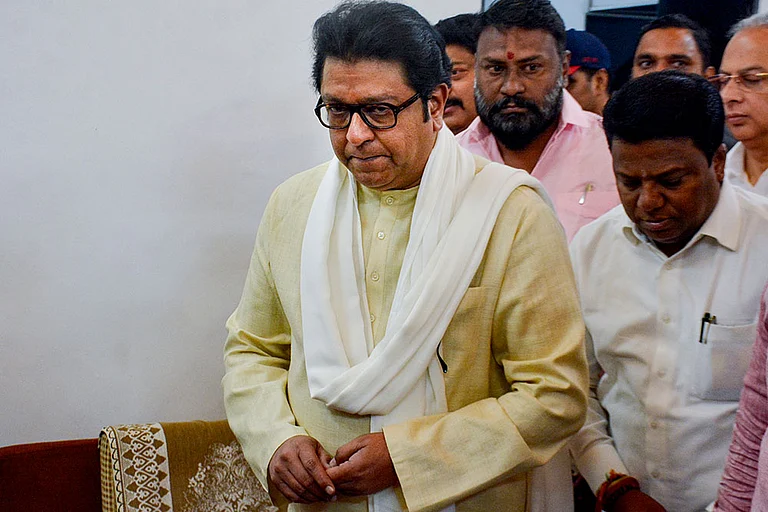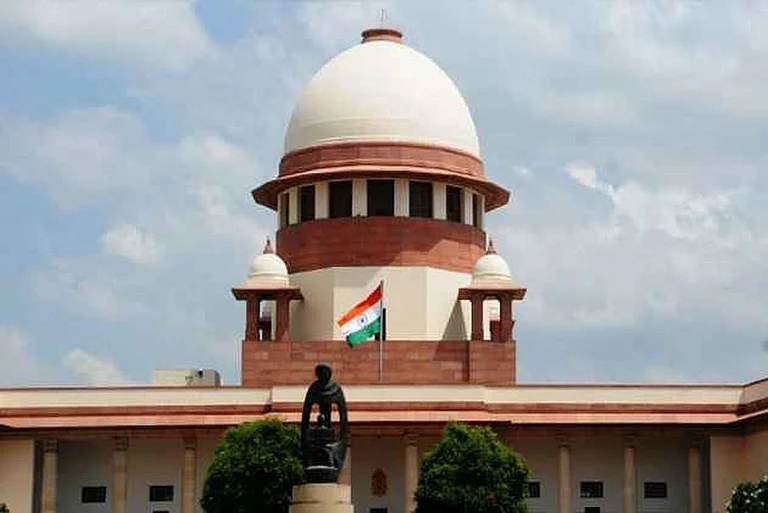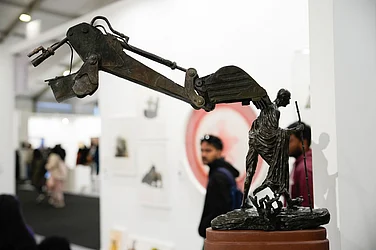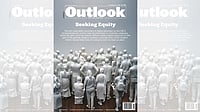D-company men who were extradited from UAE and later acquitted...
Iqbal Kaskar Dawood's younger brother, cleared of all criminal charges
Riyaz Siddiqui Ahmed Murder charge against him did not hold
Raj Kumar Chikna Cleared of extortion charges
Lamboo Shakeel Kurla Police failed to prove extortion charges
Anil Parab Cleared of two murder charges
Mohammed Alta Extortion charges did not stand in court
Gulam Mustafa Extortion charges against him dismissed
Shakeel Sheikh Ahmed alias Khota Shakeel Police dropped extortion charges
Deported On Insubstantial Charges
Arif Aboobakar Shaikh alias Bhaijaan Chhota Shakeel's brother-in-law. Extortionist but police has no specific charges
Shahid Miya Nathu alias Miya Qureshi Suspected extortionist but police has no case
Abdul Aziz Ibrahim Dholakia alias Chaipaani Suspected smuggler but there are no specific charges
Mustafa Ameen Ghulam Mehmood alias Malabari Suspected extortionist and counterfeit currency handler. Police have no charges
Sayyed Zaki Mehndi Suspected extortionist. But no case has been registered
***
"The police just spun the evidence and produced waste. Theinvestigating machinery should be in a position to bring sufficient and direct evidenceagainst Kaskar—of his being a part of the organised crime syndicate. His relationwith Dawood (Ibrahim) is inscribed on his forehead. However, this cannot inspireconfidence to accept the version of the prosecution."
—Judge M.R. Bhatkar of Maharashtra Control of Organised Crime Act court, dismissingall charges against Dawood's brother Iqbal Kaskar on June 14, 2007
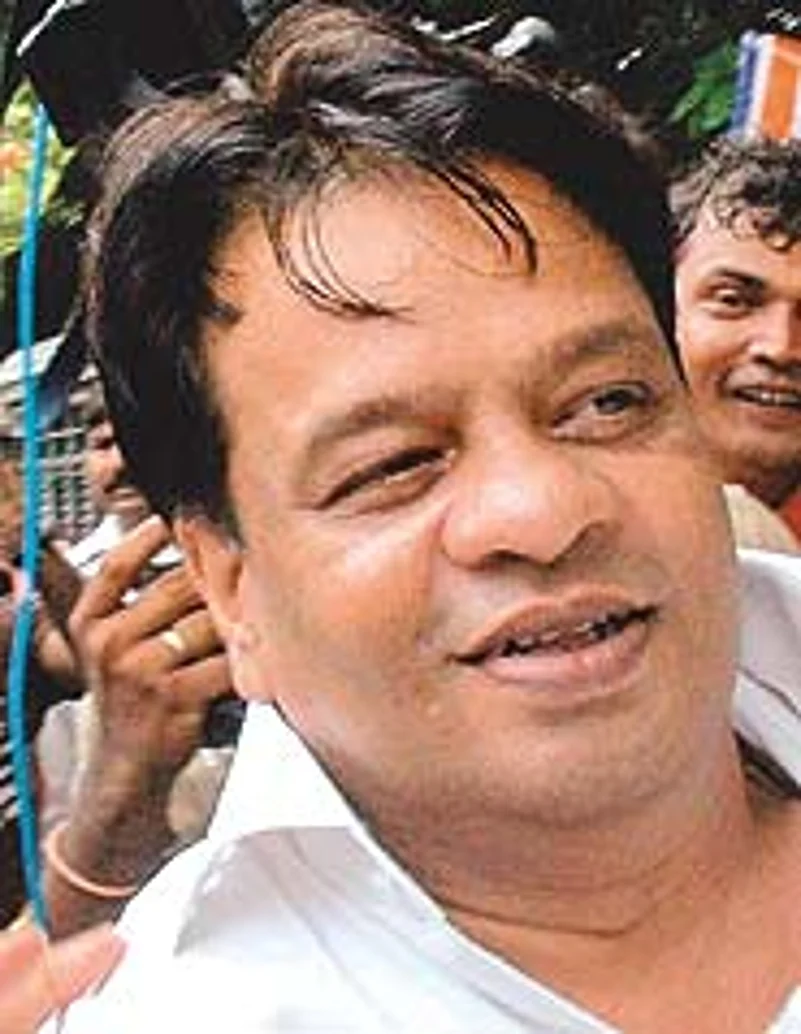
And so it was that four long years after he was deported with much fanfare to Mumbai from Dubai, Iqbal Kaskar walked out a free man. The younger brother of Dawood Ibrahim and a prize catch, Kaskar now stands acquitted of charges of using his brother's crime syndicate to threaten and evict people from prime land and conniving with a clutch of civic officials to construct the Sara-Sahara mega shopping complex, right across the police HQ in south Mumbai. The plot, owned by the central public works department and leased out to tenants, was reserved for a school. None of the agencies involved was able to stop Dawood's thugs from forcibly evicting tenants from 1997 to 2000 or constructing the complex despite repeated complaints to the crime branch of the Mumbai police.
So widely is the Sara-Sahara complex identified with the don that it's often referred to as the Dawood mall. And though the police had recorded 56 tapes of Kaskar's conversations with small-time gangsters and civic officials, indicating he was very much in the thick of things on Big Brother's behalf, the prosecution was unable to conclusively prove that the voice on the tapes was his. Other than these, the police could bring nothing on record to nail Kaskar's involvement with the D-company. Thus, the man who had fled India in the '90s to escape police harassment today stands honourably acquitted, and eyeing legitimate business in the booming construction industry in Mumbai and a political career in the next assembly polls.
Dawood must be a happy man. Not just Kaskar, other of his men—small-time thugs, extortionists, lackeys—too have been deported from Dubai since November last year to stand trial in Mumbai courts, only to be acquitted of all charges or discharged by the police for lack of a proper case. Eight of the 17 men deported have been acquitted or discharged; five others have no cases or charges against them (see graphic above).
Yet, more deportations are in order and negotiations are apparently under way to secure the extradition of two more of Dawood's brothers—Humayun and Mustaquim, both minor players in his crime syndicate and not facing criminal charges. Other brothers, Anees and Noora, face criminal charges in Mumbai.
Police sources disclose a pattern to this systematic deportation and acquittal. They discern a grander design of the D-Company to relocate the hub of its activities back to Mumbai. According to them, the D-company is in the throes of a major regrouping within its ranks. The larger gameplan, they say, is twofold: Dawood wants his family to regain direct control of all its underground and illegitimate activities rather than rely on "outsider" Chhota Shakeel, touted as his second-in-command. He is also said to be eyeing a slice of the booming economic pie and wants to work his way into various legitimate businesses, including real estate development and stockmarkets.
But while all this is in the realm of speculation, what is certain is the ineffective investigation and slipshod persecution in case after case that makes the don's men free birds today. All the police had to do in the Kaskar case was to match his voice with that on the tapes and present circumstantial evidence. They couldn't. In the case of Dawood henchman Riyaz Siddiqui Ahmed, the police lost contact with witnesses after he fled to Dubai and even misplaced vital documents, including the fir! Raju Chikna, a key member of Dawood's gang and wanted for the kidnapping and murder of a rival, was set free because the tapes linking him to the crime syndicate went missing. Anil Parab, a D-Company sharpshooter, was acquitted of two charges of murder for lack of evidence. Says former Mumbai police commissioner M.N. Singh: "In Kaskar's case, the investigation lacked depth. It should not have been so difficult to prove his voice. He's not a clean and innocent fellow. The shoddy investigation in recent cases and acquittals of underworld men are indeed an embarrassment for the Mumbai police."
Dawood's sister Haseena Parkar is perhaps laughing at the charade that goes on in the garb of investigation and chargesheeting. Arrested on a complaint of extortion and threatening a small-time builder, she was let out on bail towards the end of May. Believed to be a front for some D-company businesses, Parkar visited the crime branch from 12 noon to 4 pm every day for the last month as per court orders. She was interrogated at length but the cops couldn't come upon substantial material that either linked her to the crime syndicate or reveals her role in its illegitimate activities.
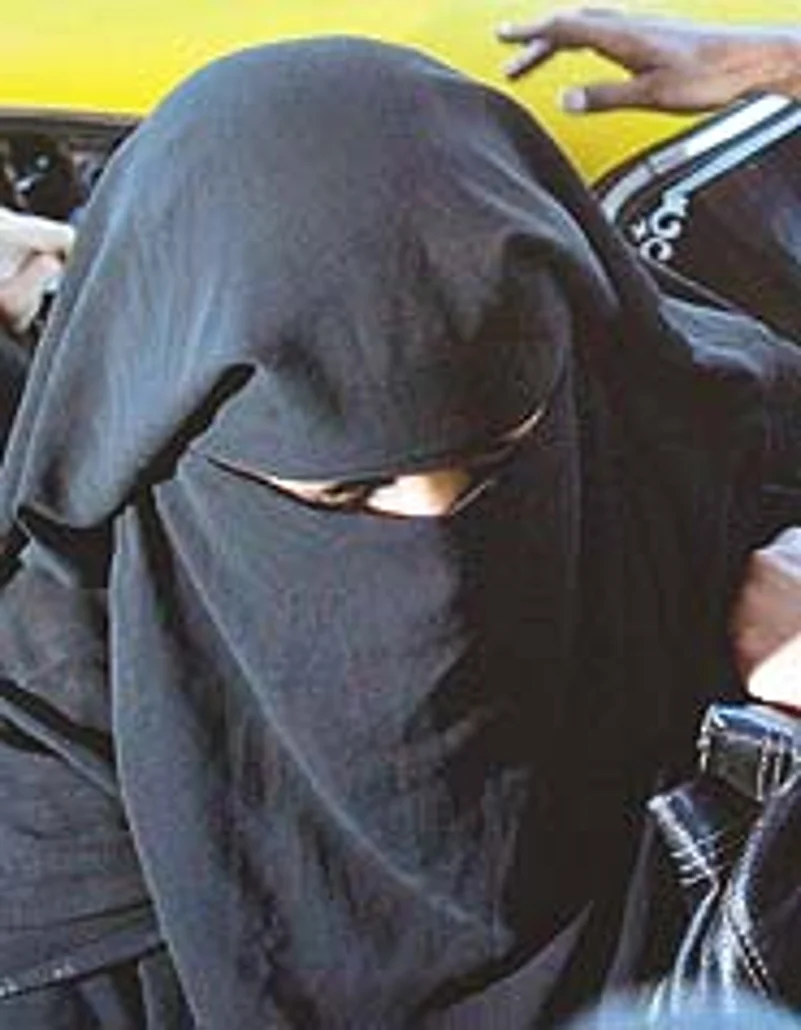
Police sources say rather than slapping criminal charges on her, the police could have built the case against her on economic offences and pursued it thus. Lack of evidence during investigation so far means the case is likely to come apart in court or the police will have to discharge her. Either way, Dawood will have the last laugh. And it will only reinforce the perception that in the cop-underworld battle, the latter is gaining the upper hand.
The 'lack of evidence' tag seems to follow the Mumbai police in case after case. In an unrelated but coincidental development, a special mcoca court in Pune trying the fake stamp paper case initially investigated by the Mumbai cops and later taken up by the CBI let off former police commissioner R.S. Sharma, deputy commissioner Pradeep Sawant and senior inspector Vashist Andhale for "lack of evidence". They were accused of wilfully allowing Abdul Karim Telgi to run away from police custody. Sharma points to an internal battle between two IPS lobbies to justify that he was framed, while former additional DG S.S. Puri, who investigated Sharma's role, asserts that he went by the evidence then available.
In the last two-three years, the elite crime branch has had more misses than hits, whether it was the case involving bar dancer Tarannum or of gangster-turned-MLA Arun Gawli. Alarmed by the turn of events, R.R. Patil, deputy chief minister, in charge of home, called for self-introspection. "We have lost sensitive cases," he said. "We have to examine why and plan how to present such cases in courts." The problem lies in the very approach, say top cops, but plead helplessness to change it. As former Mumbai police commissioner Satish Sahney says, "Most of our investigation is interrogation. We rely on interrogation documentation without ever building up a complete dossier on the suspect. Organised crime uses muscle power and money, so you have to broadbase investigation to include CAs, tax officials and so on."
What he and other serving officers are calling for is integrated investigation so complete from all angles that someone like Kaskar can be nailed in different cases. Tall task for a police force deeply divided and a crime branch even more fissured and clique-ridden. Incidentally, days after the Kaskar and Parkar fiascos, Patil effected a major reshuffle in the top ranks of the Mumbai police. The crime branch passed on from joint commissioners Meeran Borwankar to Rakesh Maria. Maria, key investigator in the '93 blasts, is known for his enviable network of underworld informants and ruthlessness towards organised crime. "The pattern may be there," he said, "but we won't allow resurgence of gangs under any circumstance."
The deportations may reflect Dubai's refusal to entertain or shield Mumbai gangsters any longer. This may in turn have pushed the D-company to regroup in Mumbai. But the net result of shoddy police work is that members of a formidable crime syndicate are now walking free. Former IPS officer and whistle-blower Y.P. Singh believes the Mumbai police can never really come out on top of the underworld because "so many police officers from top to bottom are mixed up with the underworld". The mafia, he says, completely compromises investigation and collection of evidence.
But of course. A crime branch inspector was caught in a phone conversation with Kaskar assuring him that nothing would be done to him if he returned to India. Two other cops were found in cahoots with the crime syndicate in the Sara-Sahara case. "Clearly, these men are deported with a design," says Singh. One that's too blatant to miss.








